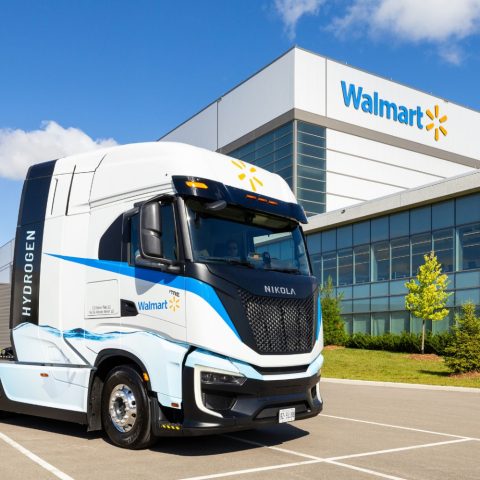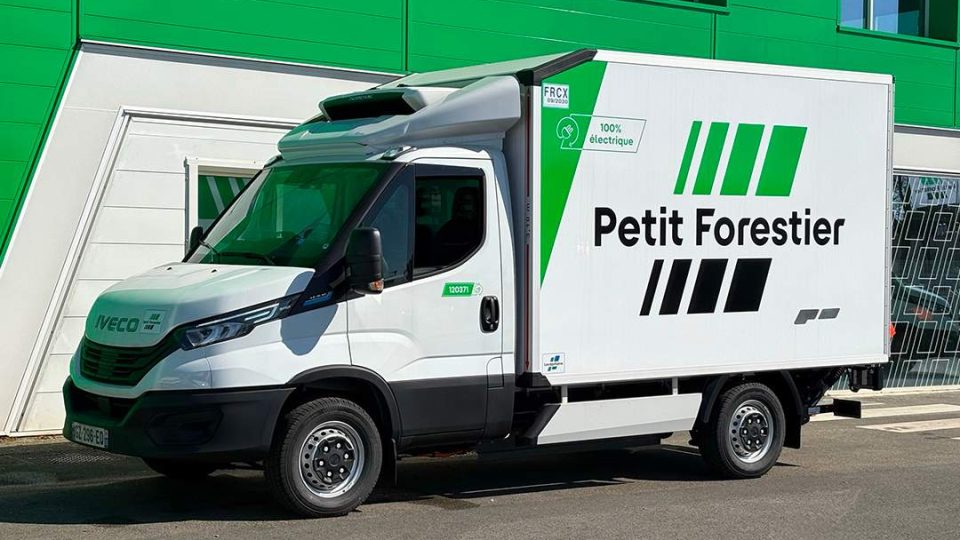Nikola allegedly reduces workforce in the U.S. About 135 people at risk
Due to high production costs, Nikola might leave 135 people at home, about 15% of the company's overall workforce. The U.S.-based truck maker laid off more people in 2022 and in 2023.

U.S. fuel cell and electric truck manufacturer Nikola may reduce workforce at the company’s premises. This is due to the trouble Nikola is facing in boosting mainly fuel cell truck sales. Indeed, the truck maker has just communicated its sales results for Q3, 2024, when 88 fuel cell trucks were sold, with over 200 FCEVs sold since the beginning of this year.
Nikola’s workforce reduction: the reasons
Considering also the final part of last year, Nikola has sold 235 FCEVs so far. Such a figure may seem satisfying, as hydrogen-powered trucks are not that popular. Nevertheless, the company is facing quite huge expenses to maintain the assembly lines in Phoenix, Arizona, in addition to other costs. This is the reason why Nikola might leave 135 people at home, about 15% of the company’s overall workforce, according to some recent pieces of news.
“To extend our runway, we are adjusting and rescaling our staffing needs,” CEO Steve Girsky said. “This is a difficult, but necessary, decision and we thank those team members who helped build Nikola and wish them the best moving forward.”
















